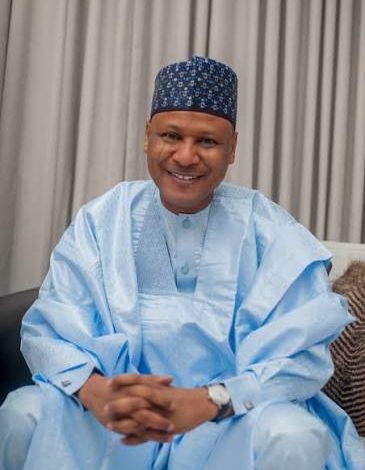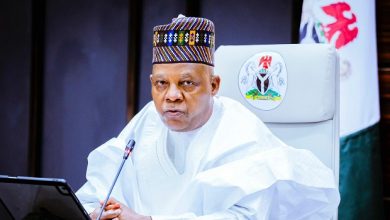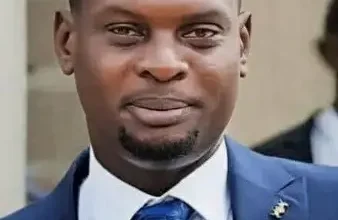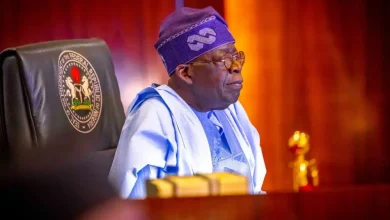FG acknowledges killings but stresses efforts to tackle insecurity, says Minister

The Federal Government has acknowledged the ongoing violence and killings across the country, emphasising that significant measures are being taken to address the security crisis.
Minister of Information and National Orientation, Mohammed Idris, spoke on Friday during an appearance on Channels Television’s Politics Today, outlining the government’s response to recent allegations of religious persecution.
“Yes, lives are being lost, and the government is fully aware of this reality. We are neither ignoring nor downplaying it,” Idris said.
Idris also noted that the violence stemmed from a combination of religious tensions, economic pressures, and persistent communal clashes, particularly in Nigeria’s Middle Belt region.
He further added that President Bola Tinubu is personally distressed by each casualty and reaffirmed that the government is committed to protecting all citizens, regardless of faith.
Idris stressed that extremist violence affects both Christian and Muslim communities, challenging the notion of a targeted religious genocide.
“The insurgency in the North-East is a 16-year conflict that does not discriminate,” he said.
The minister also highlighted that before the United States’ recent designation of Nigeria as a “Country of Particular Concern” (CPC) on religious freedom, President Tinubu had already initiated reforms, including the replacement of service chiefs to strengthen the nation’s security architecture.
The CPC designation by former U.S. President Donald Trump has been accompanied by a warning to deploy American forces into Nigeria “guns-a-blazing” if attacks on Christians persisted.
Reports indicated that the U.S. military has drawn up contingency plans for potential intervention, though Washington has acknowledged that limited airstrikes alone would not resolve the entrenched insurgency.
President Tinubu’s administration has consistently rejected the characterisation of Nigeria as hostile to Christians, describing it as inaccurate.
The government maintained that it has been actively engaging both Christian and Muslim leaders since 2023 to improve security and prevent further loss of life.
On Thursday, the U.S. House Foreign Affairs Subcommittee on Africa held a public hearing titled “A Serious, Well-Founded Wake-Up Call” to examine the CPC redesignation.
Senior State Department officials, including Jonathan Pratt and Jacob McGee, testified on extremist attacks by Boko Haram and armed militias targeting minority communities.
Committee Chairman Chris Smith described the situation in Nigeria as involving “systematic, ongoing, egregious violations of religious freedom.”
Members of Congress debated whether Nigeria has failed to curb the violence, considering potential sanctions, visa restrictions, and stricter conditions on U.S. aid.
The hearing featured a range of perspectives, with witnesses including Nina Shea of the Hudson Institute, Bishop Wilfred Anagbe of Makurdi, and Oge Onubogu, director of the CSIS Africa Programme.
While some highlighted the scale of the attacks and the suffering of Christian communities, others cautioned against oversimplifying the conflict, stressing that extremist violence also impacts Muslims and other groups.
The proceedings underscored the growing scrutiny of Nigeria’s security record in international forums and have sparked robust debate on the balance between foreign concern and national sovereignty.



